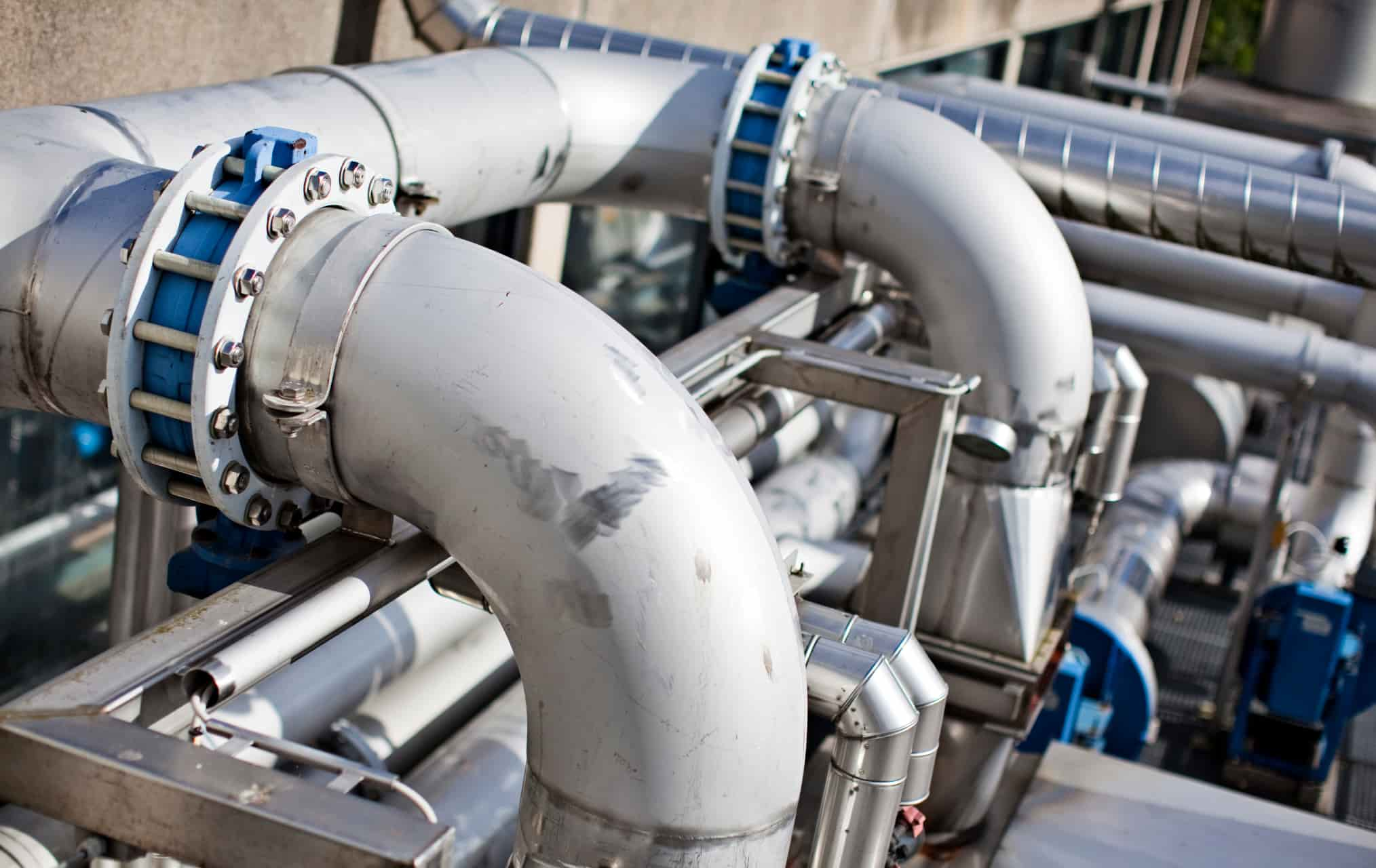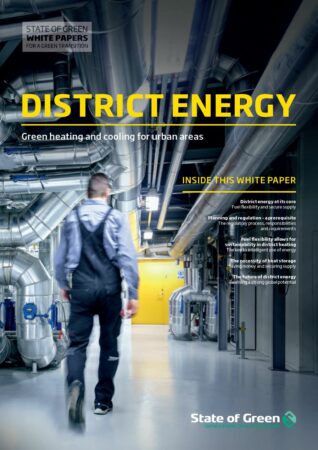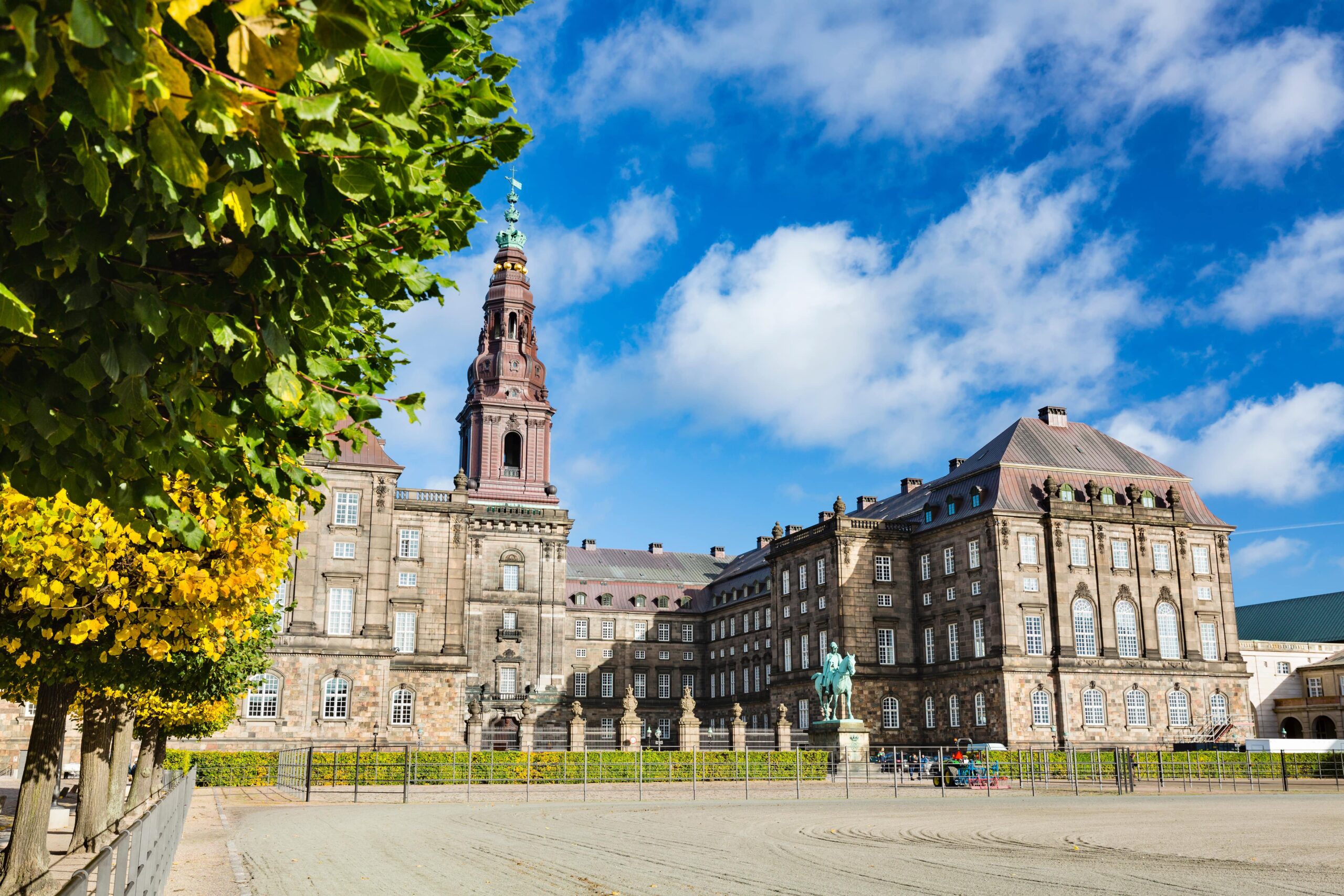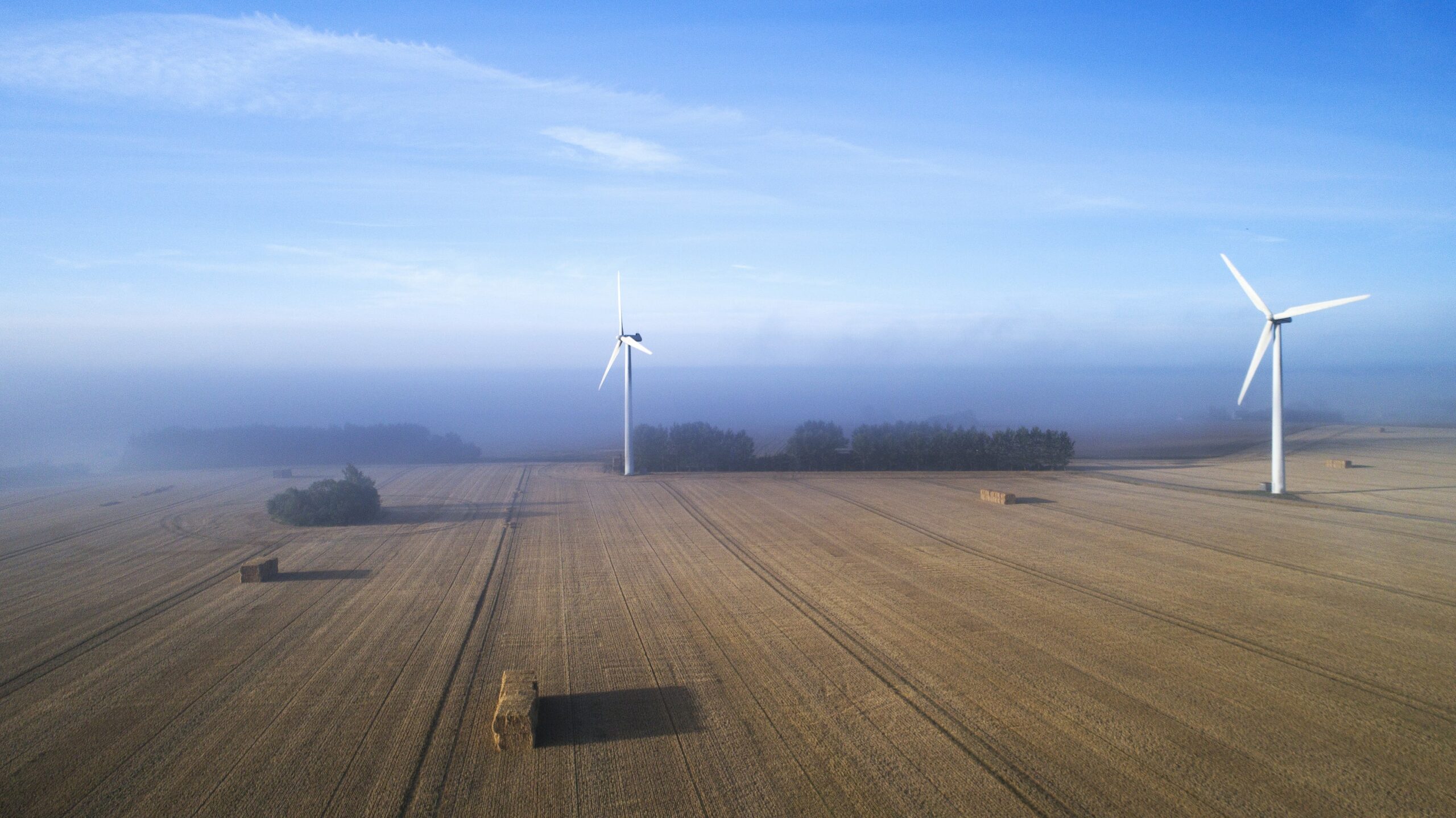News
District energy
District heating
Denmark assists Scotland with green district heating for 650,000 households


Danish experience and input have had a major impact on Scotland's first district heating law, which has just been adopted and which will help reduce CO2 emissions, minimise raw material shortages and create green jobs by accelerating the expansion of the district heating network in Scotland. The law will 20-double the number of Scottish households connected to district heating to 650,000 homes by 2030. According to the Scots, the law will reduce CO2 emissions by 2050 equivalent to taking 90,000 cars off the streets.
The United Kingdom is generally challenged by a heat supply that is primarily based on fossil energy. Conversely, Denmark is internationally recognised for having one of the world's greenest district heating networks with very high connectivity. Therefore, there has been great interest from the British side in bringing Danish experience directly into play in the work of expanding district heating in Scotland.
"With the new law, the Scots will see noticeable CO2 reductions while creating new, green jobs and expanding the market for district heating solutions."
- Dan Jørgensen, Danish Minister for Climate, Energy and Utilities
-Related partner news: International transfer of district energy know-how through the Danish Energy Agency
“It is Denmark's ambition to be a global pioneer country and share our green transition experience with other countries that may benefit from this experience. Therefore, I am really happy that Scotland can see value in the Danish district heating model and has been strongly inspired by it. With the new law, the Scots will see noticeable CO2 reductions while creating new, green jobs and expanding the market for district heating solutions. Therefore, new sales opportunities may also arise for Danish suppliers of district heating technology and solutions,” said Danish Minister for Climate, Energy and Utilities, Dan Jørgensen.
Global government cooperation creates concrete results
The Scottish District Heating Act is a tangible result of Denmark and the UK having had an energy collaboration since 2017 with a focus on district heating. For the past two years, the Danish Energy Agency has had a special adviser based at the Danish embassy in London. In connection with the District Heating Act, the Danish Energy Agency and the Danish Embassy have specifically supported the Scots through dialogue, written material, workshops and participation in working groups. The Danish district heating model has, among other things, been praised several times in the Scottish Parliament during discussions of the District Heating Act.
"The Scottish District Heating Act is a good example of how international partnerships and government cooperation across borders work and create concrete results. In this case, both greenhouse gas reductions and new green jobs. The climate crisis is a global challenge that can only be solved if we cooperate and exchange insights,” said Dan Jørgensen.
-Related news: Drones flying over Copenhagen at night detect leakages in the district heating grid
In Scotland, the expansion of district heating is considered a central part of the way to realise the country's climate goal of 75 per cent CO2e reductions by 2030 (from 1990). Going forward, the ambition is that the district heating supply will be based on renewable energy, such as heat pumps and surplus heat from existing processes.
Scotland is considered a frontrunner for UK-wide district heating regulation, and Scottish regulation is expected to have an impact on district heating development across the UK.
-Related news: Scotland and Denmark to collaborate on district heating and energy efficiency in buildings
Facts about the Danish-British government cooperation
- Denmark and the UK have been cooperating at government level on green energy transition since 2013. In 2017, the two countries started an energy collaboration with a focus on district heating. In 2020, the collaboration was expanded to also include energy efficiency in buildings
- The Danish energy cooperation with the UK is financed through the Energy Governance Partnership until 2024 through funds from the Danish Energy Agreement from 2018
- The collaboration is focused around the Scottish Government and the UK Department of Energy, Department of Business, Energy & Industrial Strategy
- Denmark has 16 government-to-government energy collaborations with countries that together account for more than 60 per cent of the world's CO2e emissions
- By exchanging knowledge and experience with partner countries' national authorities, policy makers are empowered to make sustainable and cost-effective energy policy decisions that support the global green transition
Read more about the Danish Energy Agency's global cooperation agreements
Download the State of Green White Paper on district energy
Source
The Danish Ministry of Climate, Energy and Utilities (in Danish)
















